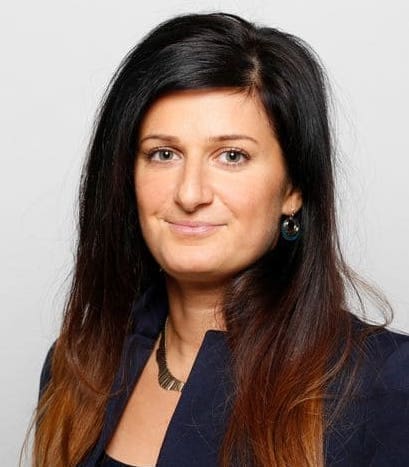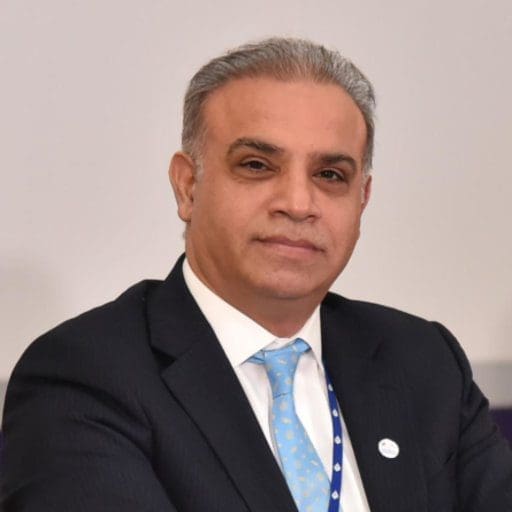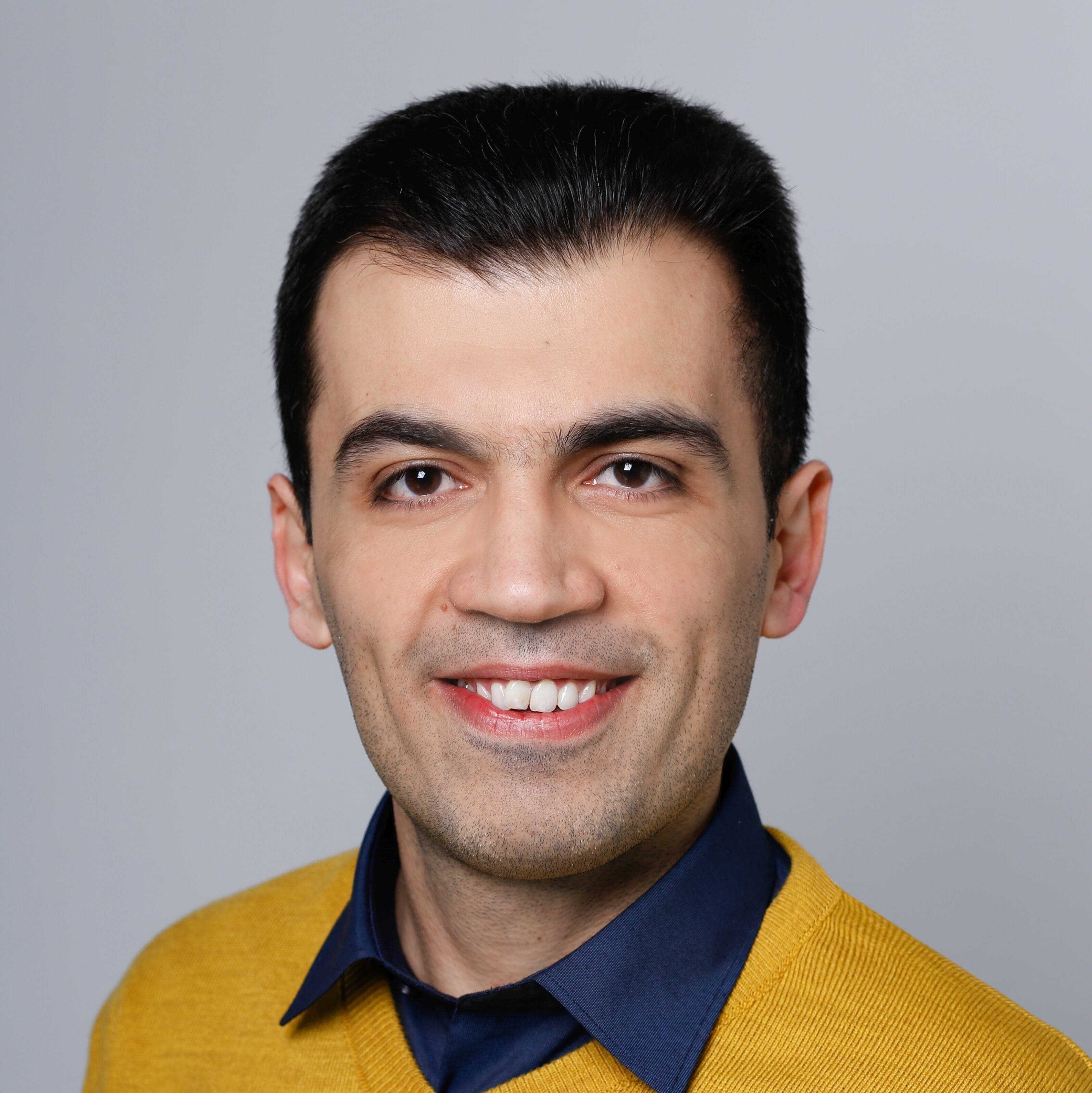Iran’s Elections:
Domestic and Regional Implications
July 11, 2024
Summary
On June 28th, Iran held presidential elections following the unexpected death of former President Ebrahim Raisi. These elections took place against a complicated domestic and regional political landscape, including the potential looming succession of Supreme Leader Ali Khamenei.
To discuss the results of the elections and explore their immediate and long-term effects on Iran and its position in the Middle East, the Middle East Council on Global Affairs (ME Council) hosted a webinar. Panelists addressed various questions including: What has the level of political engagement been in the 2024 elections? How are factions within Iran’s political landscape and civil society responding to the results? How will the results impact Iran’s relations with neighboring countries? Considering the geopolitical stakes, how are countries across the Arab world perceiving the election and its outcomes? Below is a summary of the speakers’ key insights from the webinar.
Resul Sardar – Senior International Correspondent, Al Jazeera English
- Sharply declining voter turnout in Iran due to voter apathy is regarded as an issue of legitimacy for the reigning political establishment because, historically, consistently high turnout rates have been used to showcase the strength of the regime’s democratic process.
- Divisions among the conservatives, low voter turnout, fear of a potentially hardline government under presidential candidate Saeed Jalili, and successful appeals to his Azeri identity contributed to Masoud Pezeshkian’s victory in the election.
- Although Pezeshkian’s election reflects the Iranian public’s anti-establishment sentiment, he is a moderate conservative unlikely to enact any meaningful change. He lacks a strong team within the government bureaucracy, avoided addressing true reformist policy during his campaign, and has strongly aligned himself with the existing political establishment.
- Western sanctions and a Parliament dominated by conservatives, further challenge Pezeshkian’s presidential efficacy, indicating that his government will likely function as a third term of former Iranian President Hassan Rouhani.
Azadeh Zamirirad – Deputy Head of the Africa & Middle East Division, German Institute for International and Security Affairs
- As reflected in protest movements, slogans, and the declining trend in voter turnout, a large portion of the Iranian electorate no longer distinguishes between reformists and hardliners, because they do not believe Pezeshkian can deliver on his campaign promises.
- Pezeshkian lacks both popular and state backing in a political and social environment that is becoming increasingly restricted due to Khamenei’s preparation for his succession and his continued crackdown in the aftermath of the Woman, Life, Freedom movement in 2022.
- Although Pezeshkian is unlikely to enact major socio-political reforms, he has the potential to influence Iran’s decision to cross the nuclear threshold and ease the extent of Iranian Supreme Leader Ayatollah Ali Khamenei’s repression during his transitional period.
- Pezeshkian’s election may also catalyze power-sharing rifts among reformists, conservatives, and Khamenei’s political elite, thereby allowing quelled protest movements to evolve.
Mahjoob Zweiri – Professor in Contemporary Middle East, Qatar University
- Since 2005, there have been no true reformists in Iran—only a few remaining voices that the regime permits as token figures to ostensibly demonstrate diversity of thought within its politics.
- Pezeshkian’s foreign policy—particularly its relations with neighboring countries—will likely be driven by Iranian national objectives rather than Islamic interests.
- Pezeshkian’s foreign policy will also reflect the establishment’s goals, including developing a constructive relationship with Saudi Arabia and avoiding conflict with Türkiye, while Iran’s nuclear policy will likely remain unchanged.
The webinar concluded with a question-and-answer session. The speakers responded by recapitulating the key points from the discussion, emphasizing that Pezeshkian assumes the presidency at a time of heightened regional uncertainty. Domestically, the Iranian regime faces crisis of legitimacy amid low voter turnout, mass protests, and widespread social discontent.
Speakers

Resul Serdar Atas
Senior International Correspondent, Al Jazeera English

Azadeh Zamirirad
Deputy Head of Africa and the Middle East, German Institute for International and Security Affairs (SWP)


